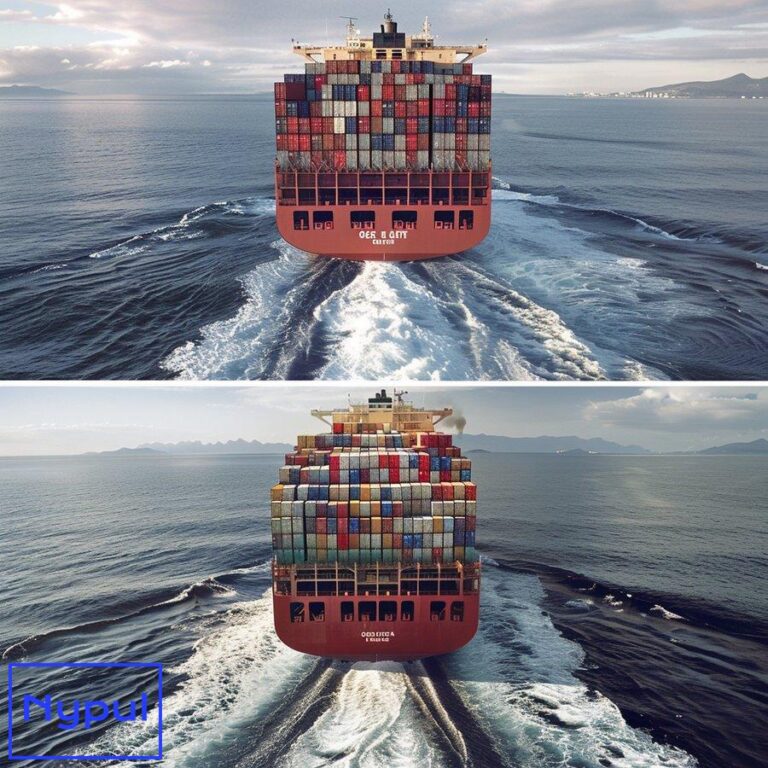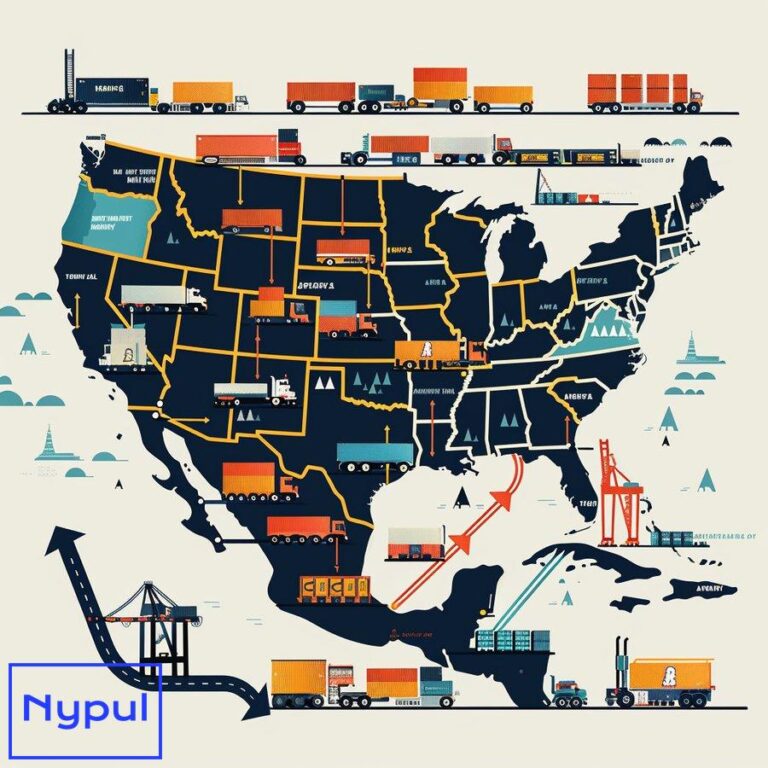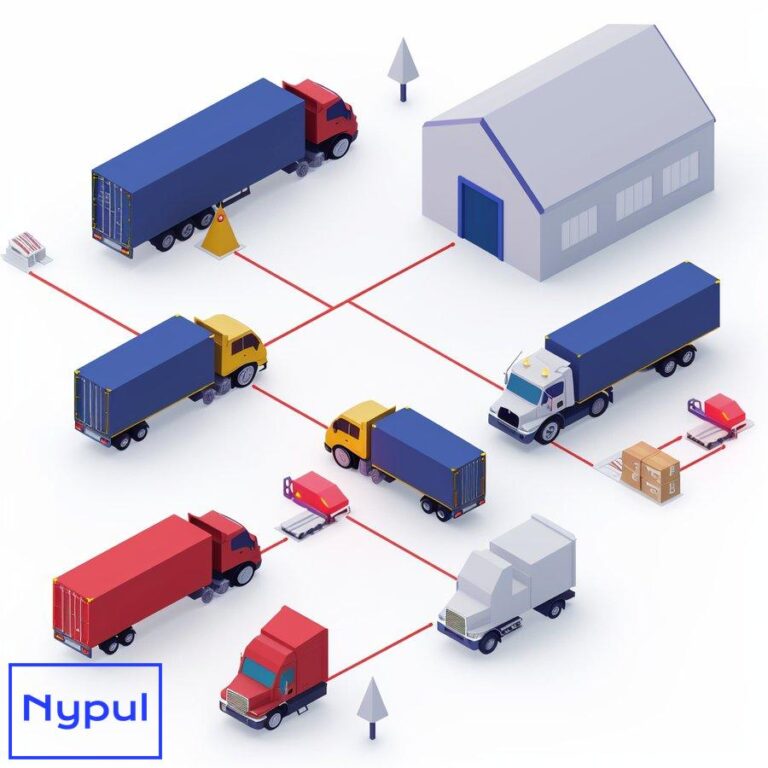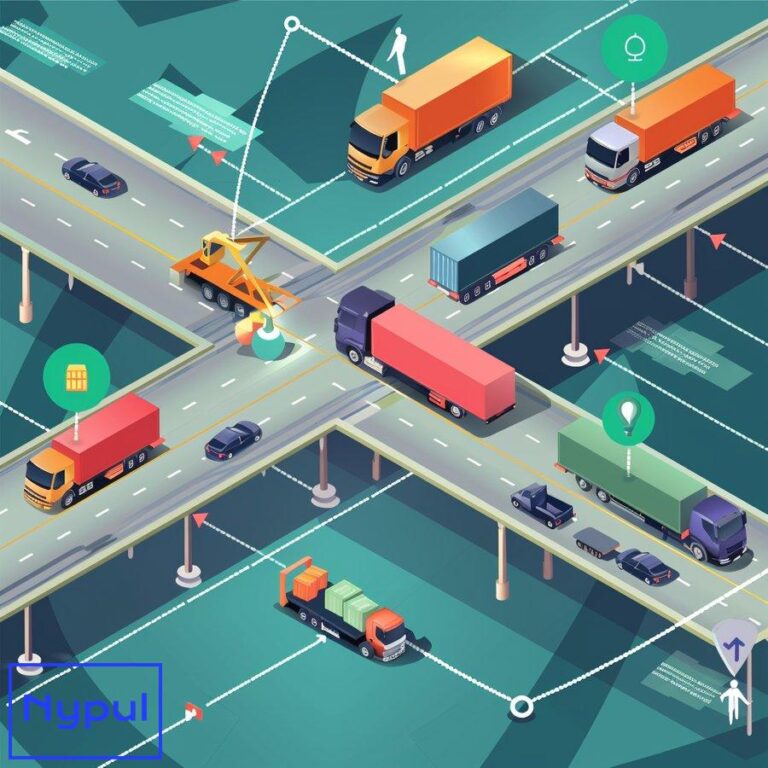What Is Intermodal Connectivity
Intermodal connectivity refers to the seamless integration and coordination of different transportation modes to move freight or passengers efficiently from origin to destination. This concept encompasses the physical infrastructure, operational processes, and information systems that enable smooth transfers between modes like rail, road, sea, and air transport. At its core, intermodal connectivity aims to leverage…









